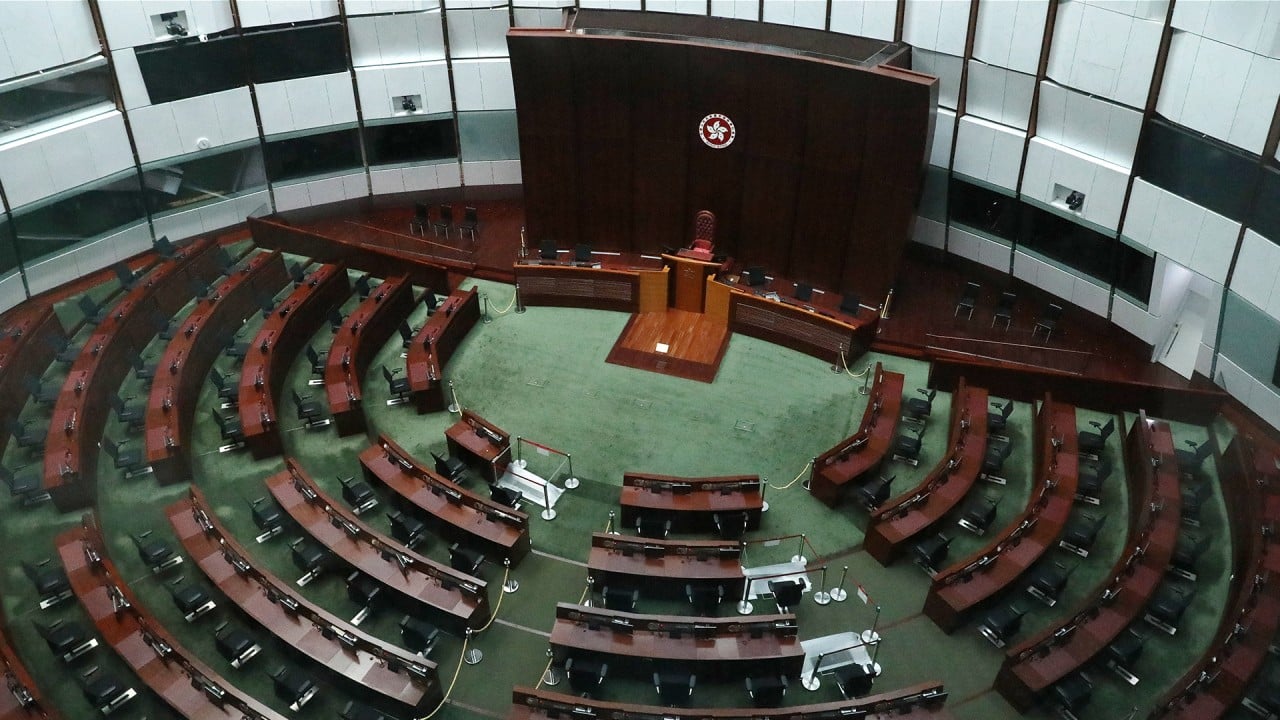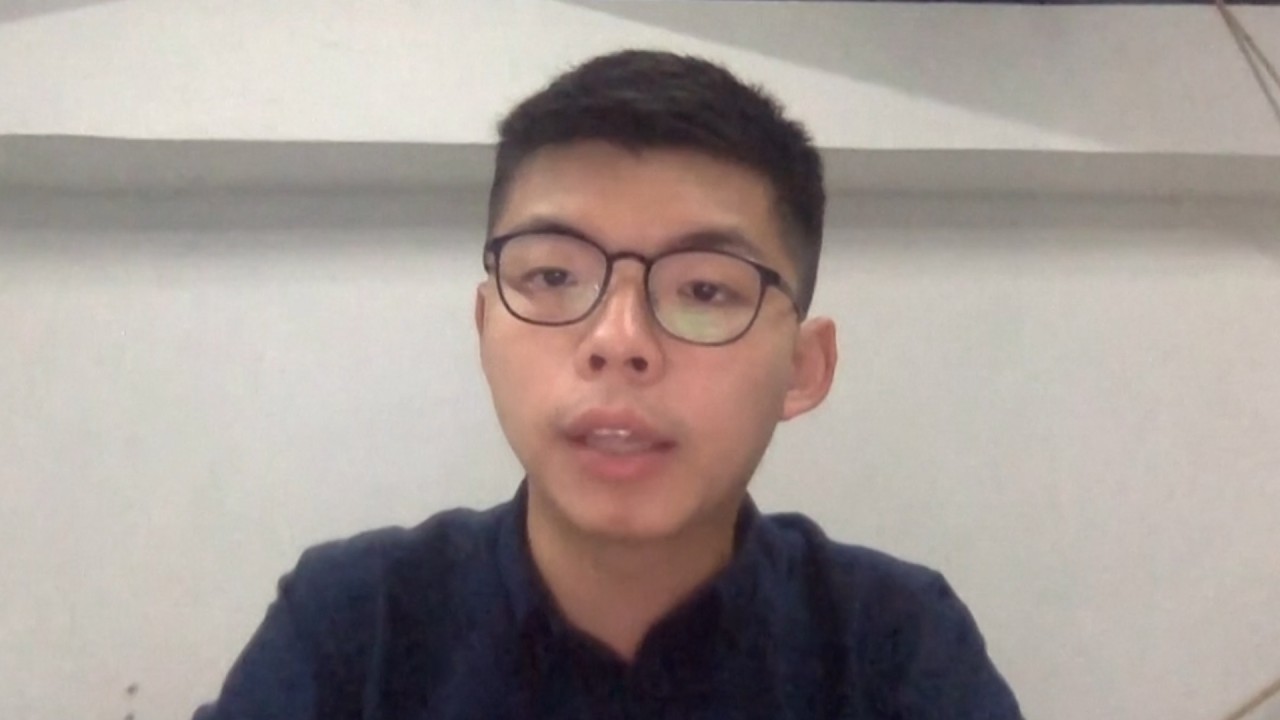
Banning of candidates and poll delay are paradigm shifts in Hong Kong’s political order
- However valid the authorities may think the grounds behind the bans and the delay are, the negative perception and impact on the city’s development must be properly addressed
The banning of 12 democrat election hopefuls on the eve of a controversial move to delay the Legislative Council polls has again sent shock waves across the city and beyond.
Coming after the national security law bombshell and a series of controversies in recent weeks, it bespeaks momentous paradigm shifts in the political order. Beijing is certainly determined to get rid of elements that it sees as jeopardising the state and the city. But the political divide is bound to deepen further, which makes moving forward even more difficult.
The move to bar those deemed pro-independence from running for elected office is a political reality, though it remains a matter of concern to people who are against political screening.
After the introduction in 2016 of a new rule that all must sign a declaration upholding the Basic Law, numerous aspirants have been banned. Among the 12 disqualified this time are three Civic Party lawmakers and student activist Joshua Wong Chi-fung.

03:39
Hong Kong Legislative Council elections postponed by a year
The criteria have been widened to reflect the offences covered in the security law. These include expressing an objection in principle to the enactment of the security law; soliciting intervention by foreign authorities in the city’s affairs; expressing an intention to vote down bills, funding and appointments after securing a majority so as to force the government to accede to certain political demands; and refusing to recognise Beijing’s exercise of sovereignty over Hong Kong.
“People having [such] behaviours could not genuinely uphold the Basic Law and could not therefore perform the duties of a lawmaker,” officials said.
This is the clearest indication yet of how far the government will go. But the new scope, seen by some as Beijing’s extended red lines on sovereignty and national security, has yet to pass the legal test.
Although the court has upheld the power for a returning officer to reject a candidate if there is “cogent, clear and compelling” evidence that he or she is not genuine when signing the declaration, critics argue that the new rules have gone beyond the Basic Law.

01:31
Joshua Wong reacts to his disqualification from running in upcoming Hong Kong elections
With no fewer than 12 democrats banned in one go ahead of the much-touted election delay, it is hard to believe that the returning officers, who are civil servants in charge of district affairs, have used their powers without input from the top. The arrangement is far from ideal to say the least.
Although officials are adamant that returning officers exercised their powers independently under the law, there are concerns that they are just told to interpret candidates’ materials in certain ways to suit political needs. Ensuring the arrangement could withstand the legal test remains a challenge.
However valid the authorities may think the grounds to ban the candidates and postpone the vote are, the negative perception and impact on the city’s development must be properly addressed.

